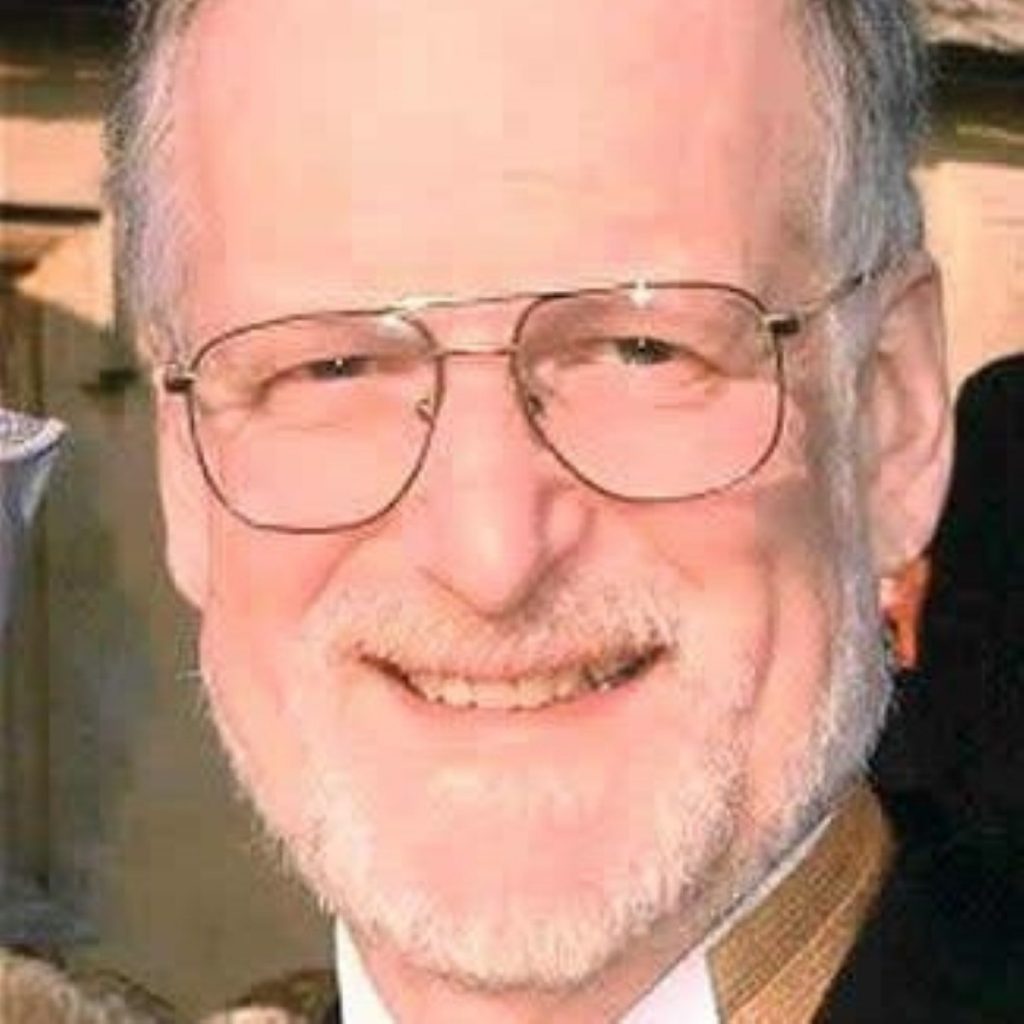Kelly talked before war of ‘death in woods’
Dr David Kelly ominously talked in February about being “found dead in the woods”, the Hutton Inquiry into his apparent suicide heard today.
Diplomat and the UK’s permanent representative on the conference for disarmament, David Broucher, claimed the scientist had made a “throwaway remark” ahead of the Iraq war, suggesting that he would be found dead if the UK invaded Iraq.
Former UN weapons inspector Dr Kelly had, he said, been telling him about how he had told Iraqi officials that if they cooperated with United Nations weapons inspections they would not face invasion.
Mr Broucher said that Dr Kelly was concerned that if there was an invasion some Iraqis “might be killed as a direct result of his actions”.
He told the inquiry panel that Dr Kelly had had, “some personal difficulty or embarrassment … because he believed that the invasion might go ahead anyway and that somehow this put him in a morally ambiguous position … I drew the inference that he might be concerned that he would be thought to have lied to some of his contacts in Iraq”


Dr Kelly was found dead last month in woodland near his Oxfordshire home with his wrist slit.
He is believed to have committed suicide after becoming embroiled in a row between the government and the BBC over allegations of weapons intelligence doctoring.
Mr Broucher also told the inquiry into the arms expert’s death that Dr Kelly claimed that every line of the September dossier on Iraqi weapons of mass destruction had been fought over before publication.
The inquiry heard from a number of journalists about the media’s actions following BBC defence correspondent Andrew Gilligan’s story on The Today programme in which he claimed that a “source” had told him the government had “sexed up” its September dossier on Iraqi weapons.
James Blitz, political editor of the Financial Times, who described how he came to name Dr Kelly as Mr Gilligan’s source.
He said he had attended a lobby briefing on July 9th in which a number of hints as to Dr Kelly’s identity were given and that caused Mr Blitz to try to find out who the individual was after putting a series of words into an internet search.
Mr Blitz said he was eventually referred to the Ministry of Defence press office, which confirmed Dr Kelly’s name when it was put to them.
Richard Norton Taylor, security affairs correspondent at the Guardian, told the inquiry earlier that there had been “widespread unease throughout the intelligence community” about the idea of publishing a dossier.
He explained that they felt there was nothing new to reveal and added, “In the end I think they learned to live with it – they said that their political masters wanted this and rather through gritted teeth they accepted that”
Peter Beaumont, foreign affairs editor of the Observer was quizzed about an article he wrote in March and revealed that his sources had said that the threat Iraq posed was open to interpretation and was “more theoretical” than the way the government was presenting it. He said Dr Kelly had not been one of his sources for the story.
Tom Baldwin of the Times, giving evidence, said that he had set out to establish who Mr Gilligan’s source in the wake of the Today programme broadcast. He said he had held meeting with senior figures at the BBC to ascertain the source of the story and said that a colleague had eventually got hold of Dr Kelly’s name. The Times wrote an article naming him on 9 July.
Times journalist Michael Evans told how he got hold of Dr Kelly’s name after trying for two days once it emerged an MoD official had come forward. He put a list of 20 names to the Ministry of Defence. Dr Kelly’s name was number 21 and was confirmed by a Ministry of Defence official, he said.
The inquiry has adjourned until Tuesday.

